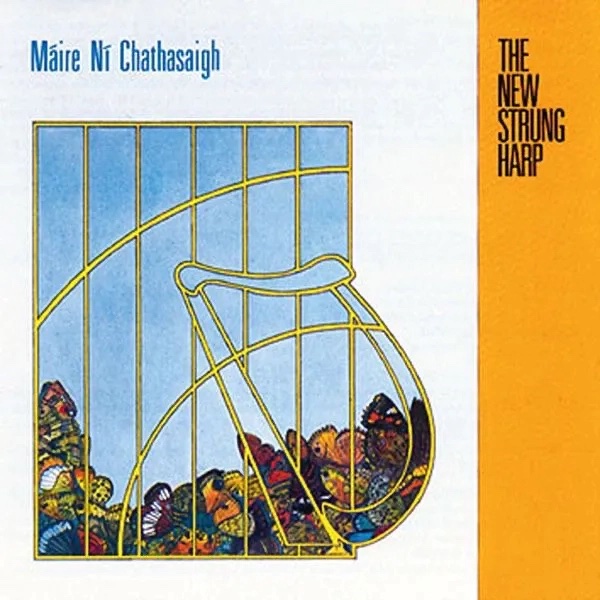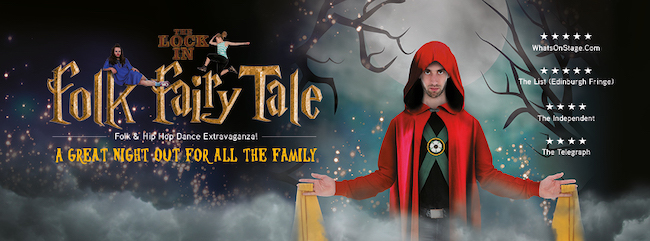Review by Colin Hynson
 When it come to the playing of the Irish harp then the name of Máire Ní Chathasaigh will almost certainly be just about the first to jump into peoples’ minds (maybe Derek Bell will pip her at the post here). She’s won armfuls of traditional Irish music awards and has been a stalwart of the folk music concert and festival for some years. I saw her with Chris Newman at the Cambridge Folk Festival back in the late 1980s and it was a performance that nobody who was there was likely to forget in a hurry.
When it come to the playing of the Irish harp then the name of Máire Ní Chathasaigh will almost certainly be just about the first to jump into peoples’ minds (maybe Derek Bell will pip her at the post here). She’s won armfuls of traditional Irish music awards and has been a stalwart of the folk music concert and festival for some years. I saw her with Chris Newman at the Cambridge Folk Festival back in the late 1980s and it was a performance that nobody who was there was likely to forget in a hurry.
This is a re–release of the album that started it all. Back in 1985 The New Strung Harp (a title inspired by the motto of the 18th century Society of United Irishmen) was the first ever album focussing on traditional Irish dance music for the harp. Before The New Strung Harp harp music tended to be a slower, more meditative affair and was perhaps more associated with new–age music. With this album more energetic jigs, hornpipes and reels came to the fore.
The album starts with ‘Charles O’Conor/Father Hanly’. This is the first of four tracks on the album composed by Turlough O'Carolan (better known as just Carolan), an 18th century harpist and composer. I first heard his music on Derek Bell’s sublime album Carolan's Receipt. It’s a lively beginning and puts down a marker for the rest of the album.
The next track slows down a little bit and sees us skip across to the Irish Sea to the Western Isles of Scotland and the island of South Uist. ‘Ó Ho Nighean, É Ho Nighean’ is a traditional Hebridean song of, you’ve guessed it, lost love. Backing vocals are provided by Máire’s two sisters who also play fiddle and whistle. Alongside the harp Máire also plays (and purists may want to close their eyes at this point) a synthesiser.
Back to a Carolan–composed piece with the third track ‘Madam Maxwell’ (which also features on Derek Bell’s Carolan's Receipt). A couple of quick reels (‘The Pullet’ and ‘The Volunteer’) before we arrive at what I think is one of the highlights of this album. ‘An Spéic Seoigheach’ was first published in the 18th century and it really shows off the technical and virtuosic skills of the artist.
Next there’s the well–known Irish jig ‘The Humours of Ballyloughlin’, This piece has been covered by several musicians including the flautist Matt Molloy. Coming next are two songs ‘Hinderó Hóró’ (sung in a West Cork dialect of Irish Gaelic) and ‘The Bantry Girl’s Lament’. Máire’s sisters and her brother join her singing harmony.
Two short pieces (‘The Gander in the Praitie Hole’ and ‘The Queen of the Rushes’) that have a drone–like quality that suggests that they were written for the uilleann pipes and then onto ‘Carolan’s Farwell to Music’ (again this features on Carolan's Receipt). This was written by Carolan at the end of his life and is very much his swan song. It’s slower and more quiet than Derek Bell’s interpretation but perhaps that better fits with the circumstances under which it was written.
A couple of short jigs and reels later and we arrive at the last track. ‘Planxty Sudley’ was written by Carolan as a wedding gift to his daughter. Interestingly he apparently didn’t wholly approve of the marriage as Captain Sudley was in the British army and Carolan was very much an Irish nationalist. Anyway, it’s a warm and gentle ending to the album with the synthesiser making a subtle return and one of Máire’s sisters on fiddle.
You can buy the album from the artist’s website either as a CD or as a digital download at: https://www.oldbridgemusic.com/maire_chris_cds.htm

